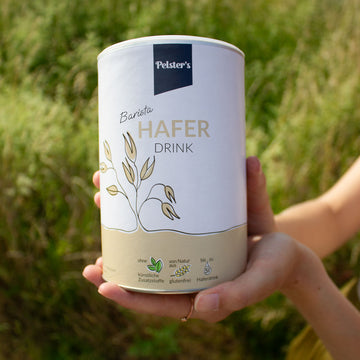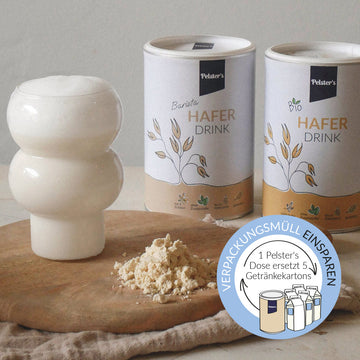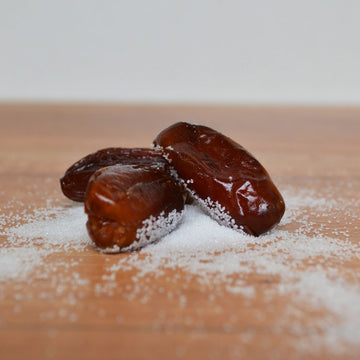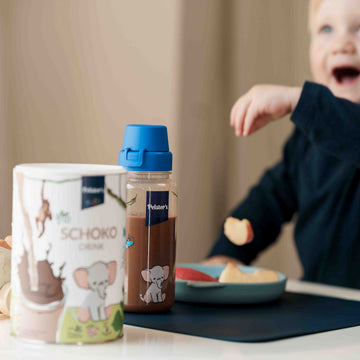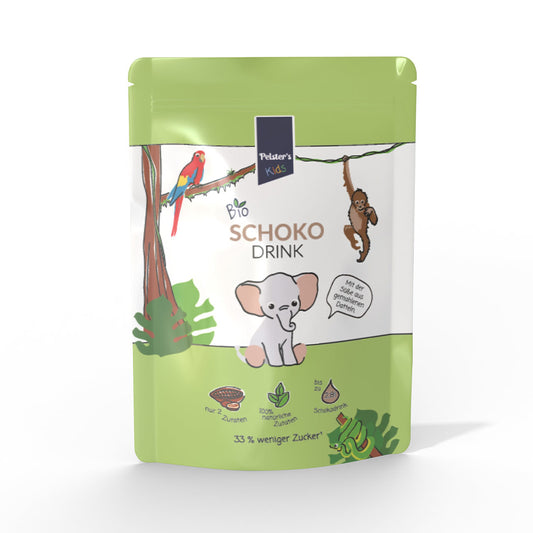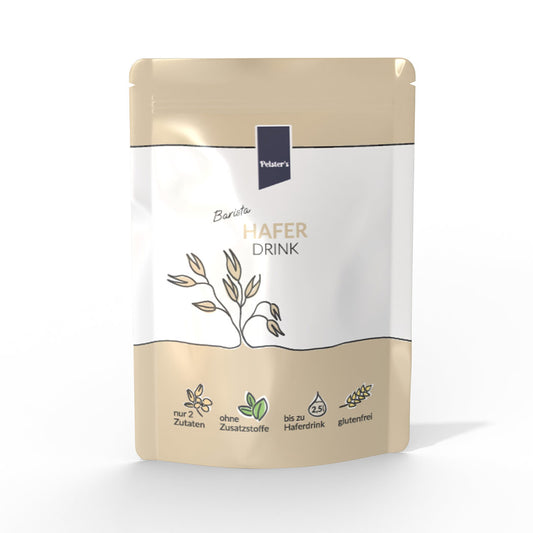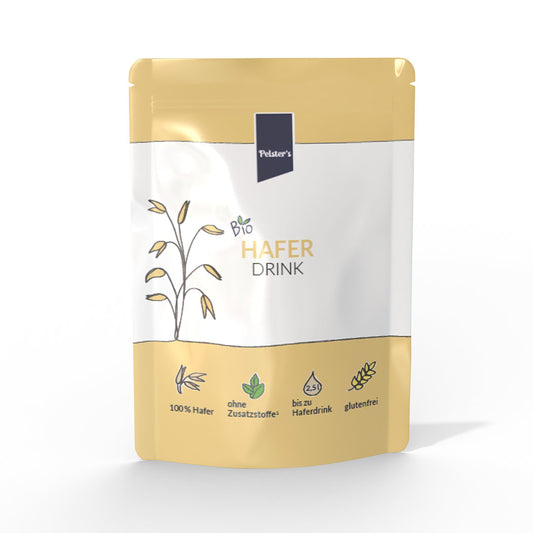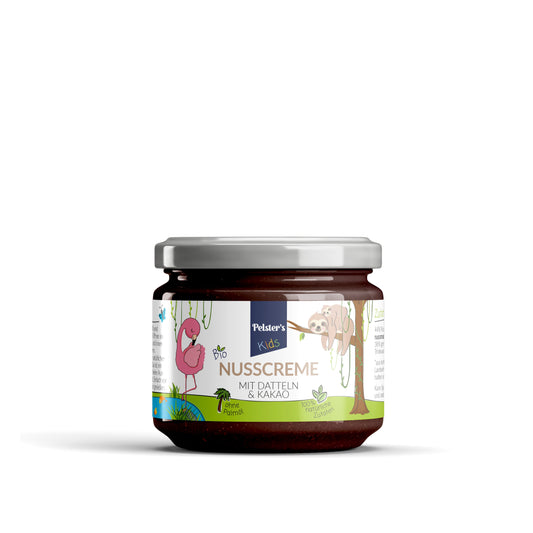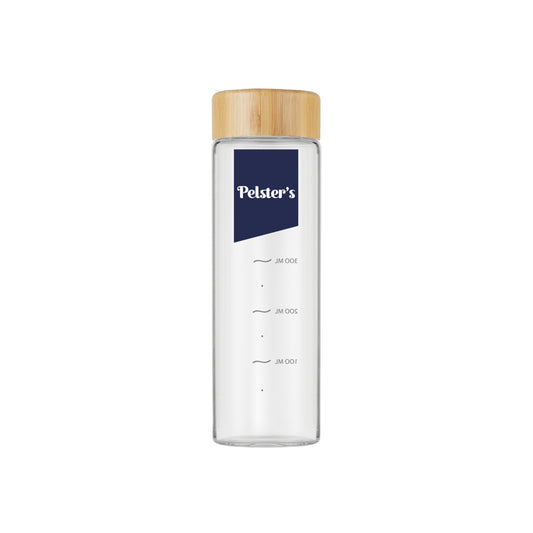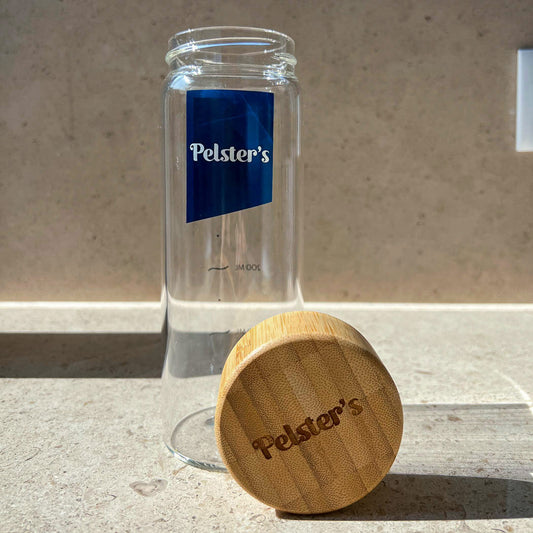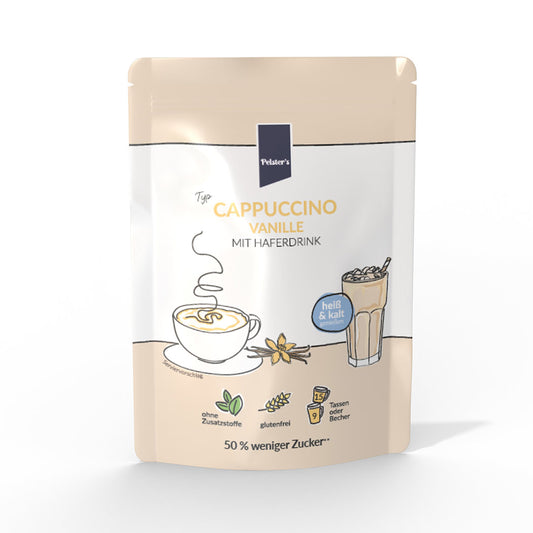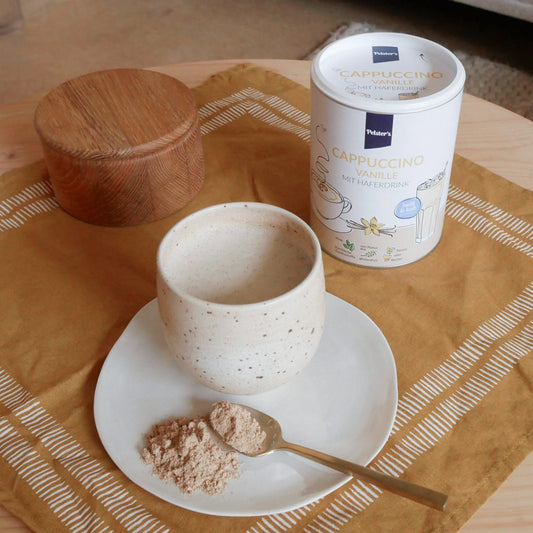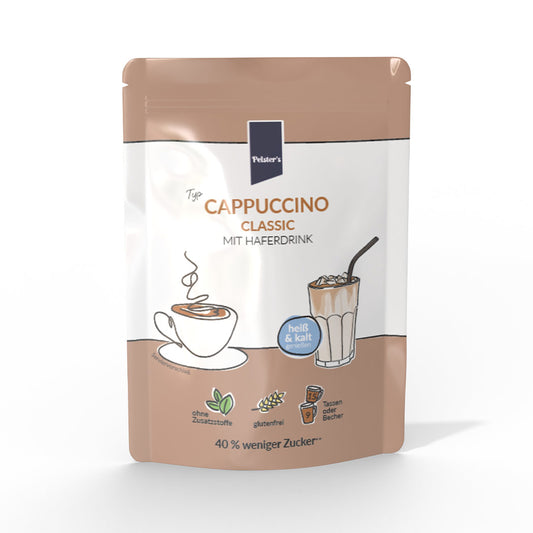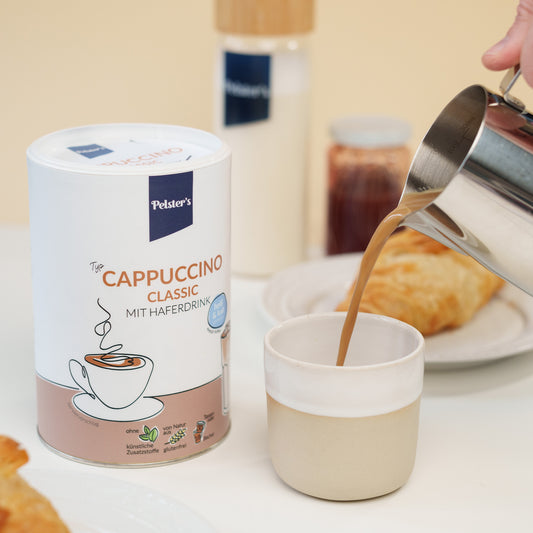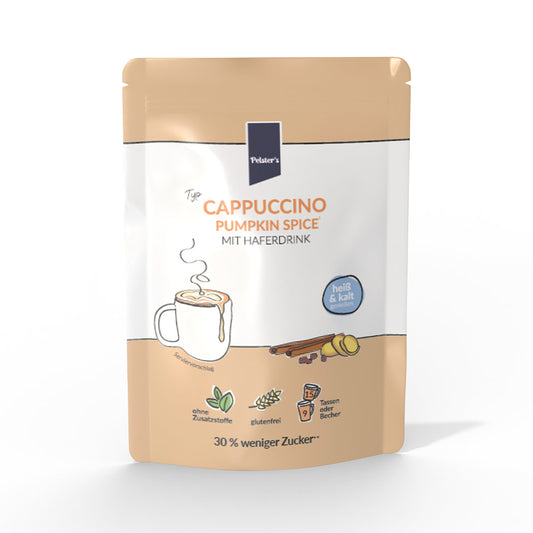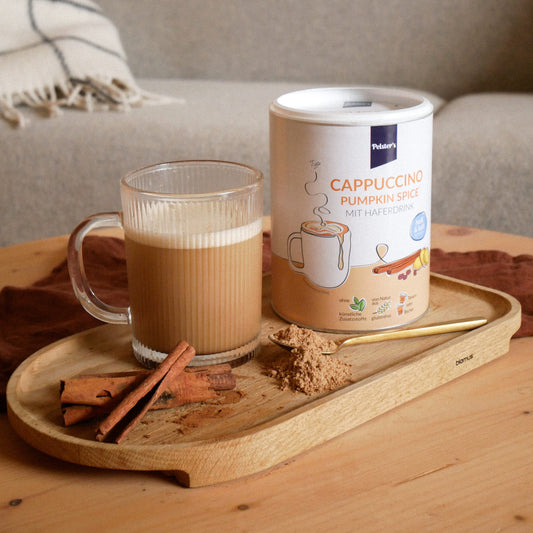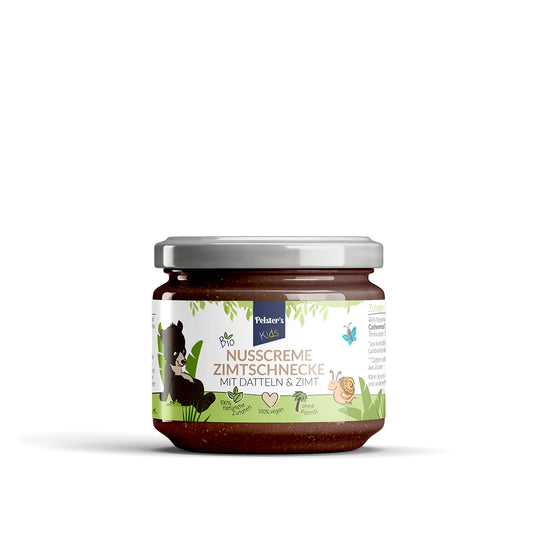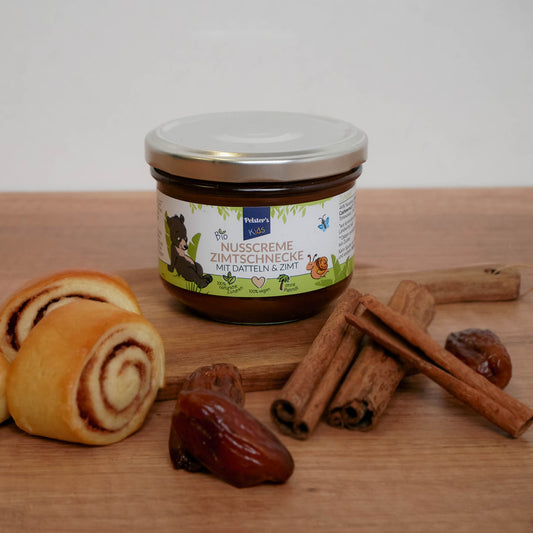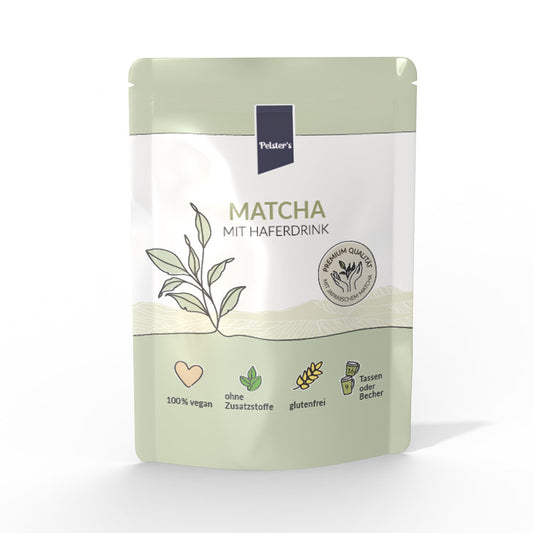In recent years, the topic of sustainability has become increasingly important, and for good reason. Given climate change and ever-increasing consumption, the remaining resources are becoming increasingly scarce. For many brands and companies, these topics are becoming increasingly important. The sustainability aspect of classic oat drinks in beverage cartons, in terms of packaging and transport volume, even provided the founding idea for Pelster's.
But it's not just companies that can make their contribution to greater sustainability, each individual also has the means to help. However, stressful everyday life, a lack of interest or a lack of knowledge often stand in the way of this. In this article we will introduce you to ten useful and easy-to-implement tips to help you cope with everyday life more sustainably.
1. Plan purchases as needed
Planning your shopping as needed and only buying as much as you need is not only a useful tip, but also a tip that can save a lot of money. With a shopping list, you often only buy what you really need, meaning you spend less money on food you don't need.
We at Pelster's offer oat drink powder, which can be mixed with drinking water to make an oat drink as required. This demonstrably reduces food waste.
2. Buy seasonal products
Paying attention to seasonal products when shopping has several advantages. On the one hand, long transport routes are saved and less CO2 is consumed. This in turn helps the climate and minimizes air pollution. On the other hand, farmers and the regional product diversity are supported and kept alive. In addition, seasonal products are often cheaper, which is a welcome side effect for your account balance.
3. Food storage
Proper storage of food is crucial to the longevity of the products. The longer food can be stored, the longer it can be used and does not have to be thrown away. This in turn reduces food waste and prevents you from having to buy new food frequently. Some tips include: Store carrots in water, which makes them less likely to shrivel. Store apples and bananas separately, otherwise the bananas will ripen too quickly. Store potatoes in a cool, dark place to prevent germination...
We provide instructions on correct storage on our packaging, which ensures that our products have a long shelf life and are edible. In addition, the opened powder has a longer shelf life when dry than liquid products and often long after the best-before date (see point 7).
4. Waste separation
Proper waste separation is important because it allows packaging to be recycled or reused. Organic waste can also be used as compost to fertilize the garden or to generate energy.
To make waste separation as easy as possible for you, we indicate on our packaging how the individual components should be disposed of so that as much of it as possible can be recycled.
5. Avoid (plastic) packaging
(Plastic) packaging should be avoided as much as possible. Food is often packaged in plastic even though it already has natural protection against external influences, such as cucumbers, peppers or even bananas. The packaging therefore does not fulfill a necessary task. For easier storage and transport, you can use reusable cotton bags or nets or take your own can with you.
6. Upcycling
Through upcycling, material can be used again and may thus have a new function. This is great craft fun, especially for children, and parents have wonderful new decorations or gift ideas for grandparents or relatives.
That's why we offer many DIYs with our empty cans and jars on our website. Please take a look at our creative workshop: https://pelsters.de/blogs/kreativ-werkstatt
7. Best before date as a guide
The best before date (BBD) should only serve as a guide. The task of the best-before date is to make it clear to the consumer that the optimal sensory conditions will be present by this date. This means that the appearance, taste, smell and special labeling features of the products are 100% guaranteed. Conversely, the food is not automatically bad even after the best-before date has expired. After the expiry of the best-before date, the manufacturer no longer guarantees a 100% guarantee for optimal condition. Products after the best-before date have expired are often still safe to use. The rule of thumb: “Whatever smells good, looks good and tastes good is still edible even after the best-before date has expired” should therefore always be applied first before the food is thrown away.
8. Organic and eco are protected terms
The terms “organic” and “eco” are legally protected terms. If these two terms are used on food packaging, then it really is organic food. The definitions are governed by EU law. There are also seals on organic food, which can be used as further identifying features. The EU organic seal is a light green rectangle with a sheet of 12 small white stars on it.
At Pelster's we also have some organic products in our range.
9. Ingredients
You should always pay attention to the ingredients and the small print on packaging, because the fewer ingredients a product has, the less processed and the more natural it is.
Did you know that we use added ingredients in our products? Avoid and only use the most necessary ingredients use? You can find further information about additives here: https://pelsters.de/blogs/pelsters-magazin/zusatzstoffe-alltagliche-fähr-oder-harmlose-zutat
10. Food sharing
Food sharing can save food from supermarkets, bakeries or other shops that would otherwise have had to be thrown away. These foods are not spoiled or bad, but are no longer allowed to be sold under food law. This also includes foods with an expired best before date.
In conclusion, it can be said that the tips presented offer you practical options for living more sustainably in everyday life. They can help conserve resources and reduce environmental impact. It is also encouraging to see that more and more companies are actively helping to raise consumers' awareness of the issue of sustainability through their products and information and to support its implementation.

